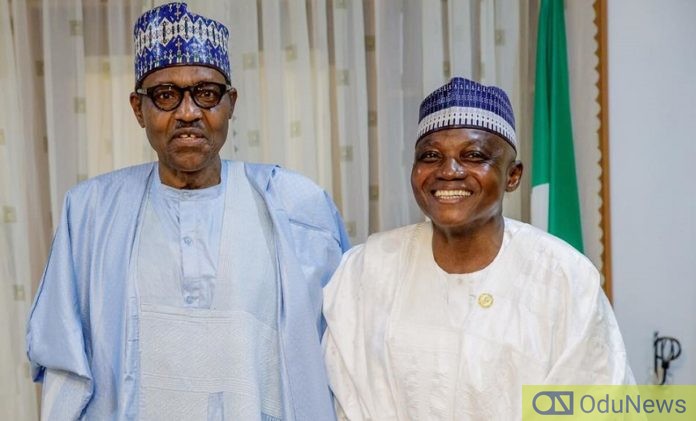
Senior Special Assistant to the President on Media and Publicity, Garba Shehu, says it is not out of place for the president to have “cabals” around him.
Speaking with reporters in Abuja on Sunday, Shehu said every government around the world had such people.
He said, “What is the meaning of a cabal? I just googled the Thesaurus and among many other definitions, what they are saying is that a cabal means ‘conspire, intrigues, mystique, occult, secret.’
“There is no government in this country that we have had that some people were not accused of being a cabal in that government and it is because every administration and every president must have a secretariat.
“Every president must have people who advise him. It is not a sin, it is not an offence to have people that you take into confidence.
“Elsewhere, they call it ‘kitchen cabinet,’ but in our own country, we are being derogatory and we term them cabals so that it will tarnish their own good standing.”
Shehu said many of the people that were wrongly referred to as members of cabals were successful people, who were making extreme sacrifices to serve in government.
“Some of them have no need to be around government. In fact, to some of our elite, the President is a bad man because you cannot go to him and say give me oil well and he will sign the paper and give you,” he said.
“So, we understand the game that is playing out and there is always a price, in any case, to pay for that kind of exposure. Even the kind of things that are being said of the President himself, if he did not offer himself to serve, people would not even have the chance to say them against him. So, we will live with it, we will accept it because it goes with the territory.”
Shehu also laid emphasis on the need to regulate social media, saying it had become a problem for many families because the rights of women and children were being abused.
“There is a need to protect vulnerable members of the society. There is a need to protect those in the minority, whether tribal or religious, in our own country,” he said.
“So, it makes sense that you, as media stakeholders, come around the Minister of Information and Culture and formulate the kind of regulation you want so that it is not a top bottom approach, so that government will not be accused of imposing a regulatory mechanism on the media.
“The minister is saying come, sit down with me and let us talk about it. And I was told that the day he called on members of the Nigerian Union of Journalists, they walked out on him. If that report is true, I think it is very unfortunate.”

